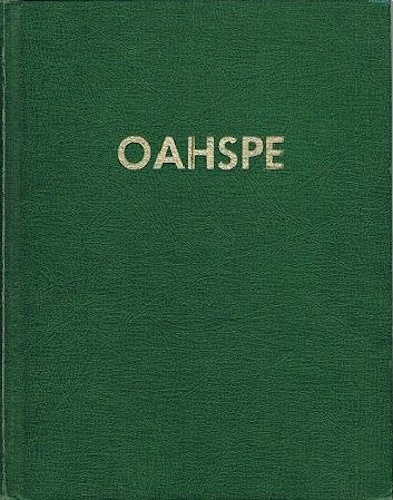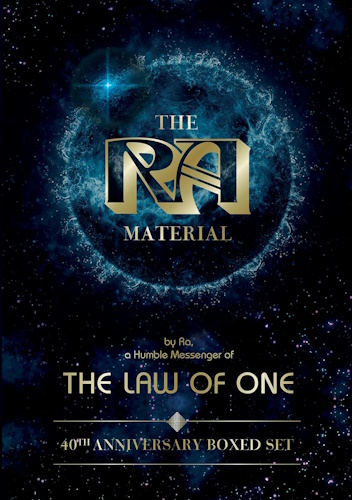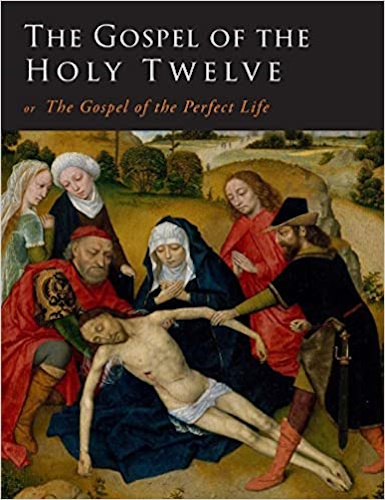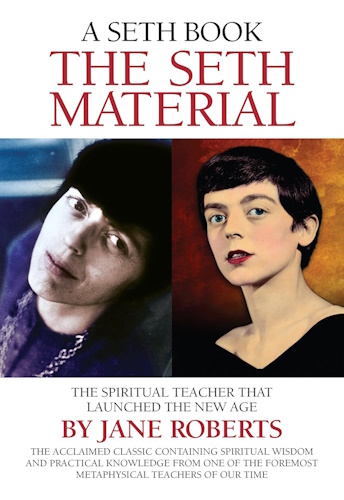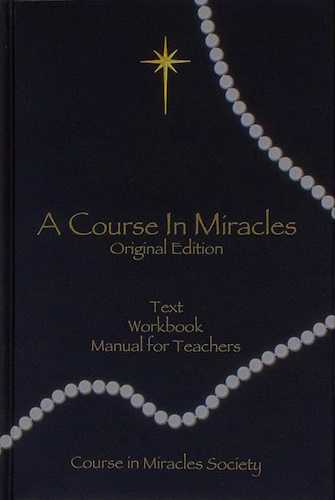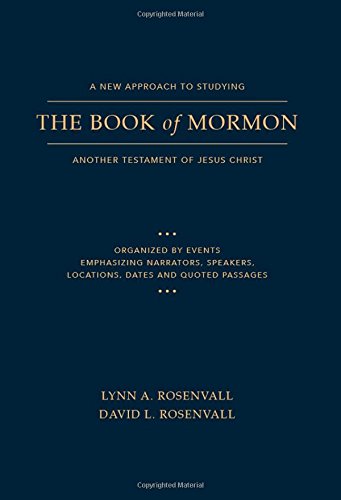
![]()
![]()
The Book of Judgment
Chapter VIII
1. HEAR my words, O man, and be considerate of the justice of thy Creator.
2. These are my exhibits which I place before thee, that thou shalt not err:
3. And thou be a rich man, and adorn a city by donating unto it a park, with statuary and pleasure-walks, hoping to glorify thyself thereby, and be praised by men; therein thyself burieth thyself in the first resurrection. And the act lowereth thy grade instead of raising it.
4. For in whatsoever thou givest, thou shalt consider, first, the lowest of the low, whether they have bread to eat, and a place to sleep: And the sick, whether they have attendance and good provision.
5. And thou be a rich man and contribute a house for the orphans or for the helpless and aged who cannot help themselves, it raiseth thee in grade.
6. But so far as thou doeth this for the applause of men, thou detracteth from the rate of thy beneficence.
7. Neither doth such a good work help thee more than the poor man helpeth his own grade by assisting one poor orphan.
8. For thy resurrection dependeth not on the quantity thou givest, but as to whether thou givest according to what thou hast. Of which matter thou shalt judge thyself.
9. For he who giveth a penny may be raised up more by so doing, than he that giveth ten times ten thousand.
10. A certain rich man, being converted from the desires of earth, went about casting his money freely in the streets, and in giving to whosoever asked him therefor.
11. And some gathered it up, and fed and clothed themselves; others took of it, and went and got drunk, and became worse than before.
12. The measure of righteousness of that man's behavior was not in giving what he had to the poor, but in the good and evil that came of it, being weighed, as to which outbalanced the other.
13. And where he lowered the grade of them that received this money, or where he lowered a greater number
p. 762
than he raised, there his act of casting the money away was a judgment against him.
14. He who giveth, saying: Here, thou beggar! doeth a good corporeal act, but an evil spiritual act. He lifteth up with one hand, but knocketh down wih the other. Such an act detracteth from the grade of that man.
15. A certain rich man, being converted to do good works, went and built a score of soup-houses to feed the poor gratuitously.
16. And all the poor people of that town went therein and were fed. But the next year, behold, there were twice as many poor. And the rich man built another score of soup-houses, and they were all fed.
17. But the next year, there were still twice as many poor people to feed; but the rich man had exhausted his means, and could feed none at all.
18. Judgment is therefore rendered against that man for his supposed beneficence.
19. For, whilst he did a little corporeal good, he did a great spiritual wrong, because he lowered the grade of manhood and womanhood in those that he fed. His benevolence promoted dependence.
20. A rich man founded a place of labor for the poor, who had nothing to eat and nowhere to sleep. And he said unto them:
21. The Creator hath given you hands to work with; come ye, be men and women.
22. And they went and worked and earned their living.
23. Judgment is rendered in favor of that man, for he raised the spiritual grade of the poor. This is a beneficence that extendeth into heaven.
24. Let thy charity be to the sick and helpless, but be thou wise in directing the able-bodied to help themselves.
25. For all charity tendeth to lower the self-respect of the receiver, and casteth him lower in the grades in heaven.
26. Certain ones depend on alms, not having either sickness nor yet strong bodies. Nevertheless, were they aroused, they could support themselves.
27. When thou givest them regularly, they depend on thee. These become beggars in the lowest grades in heaven.
28. That which thou givest them accounteth against thine own grade. Better is it for thee and for them, that thou arouse them from their degradation.
29. To do this tenderly and mercifully, is a great virtue; to do it cruelly, is a great crime.
30. Consider not so much what thou shalt do to raise thine own grade, but what thou canst do to raise the grade of those within thy reach.
31. Remember, all men and women are thy brothers and sisters, and thou shalt labor to make them make themselves a glory unto the Creator.
-
Urantia Book, 44:0.11 - The Celestial Artisans
Never in your long ascendancy will you lose the power to recognize your associates of former existences. Always, as you ascend inward in the scale of life, will you retain the ability to recognize and fraternize with the fellow beings of your previous and lower levels of experience. Each new translation or resurrection will add one more group of spirit beings to your vision range without in the least depriving you of the ability to recognize your friends and fellows of former estates.
-
Princess Bride 1987 Wallace Shawn (Vizzini) and Mandy Patinkin (Inigo Montoya)
Vizzini: HE DIDN'T FALL? INCONCEIVABLE.
Inigo Montoya: You keep using that word. I do not think it means what you think it means. -
Urantia Book, 117:4.14 - The Finite God
And here is mystery: The more closely man approaches God through love, the greater the reality -- actuality -- of that man. The more man withdraws from God, the more nearly he approaches nonreality -- cessation of existence. When man consecrates his will to the doing of the Father's will, when man gives God all that he has, then does God make that man more than he is.
-
Urantia Book, 167:7.4 - The Talk About Angels
"And do you not remember that I said to you once before that, if you had your spiritual eyes anointed, you would then see the heavens opened and behold the angels of God ascending and descending? It is by the ministry of the angels that one world may be kept in touch with other worlds, for have I not repeatedly told you that I have other sheep not of this fold?"
-
Urantia Book, Foreword - 0:12.12 - The Trinities
But we know that there dwells within the human mind a fragment of God, and that there sojourns with the human soul the Spirit of Truth; and we further know that these spirit forces conspire to enable material man to grasp the reality of spiritual values and to comprehend the philosophy of universe meanings. But even more certainly we know that these spirits of the Divine Presence are able to assist man in the spiritual appropriation of all truth contributory to the enhancement of the ever-progressing reality of personal religious experience—God-consciousness.
-
Urantia Book, 1:4.3 - The Mystery Of God
When you are through down here, when your course has been run in temporary form on earth, when your trial trip in the flesh is finished, when the dust that composes the mortal tabernacle "returns to the earth whence it came"; then, it is revealed, the indwelling "Spirit shall return to God who gave it." There sojourns within each moral being of this planet a fragment of God, a part and parcel of divinity. It is not yet yours by right of possession, but it is designedly intended to be one with you if you survive the mortal existence.
-
Urantia Book, 1:4.1 - The Mystery Of God
And the greatest of all the unfathomable mysteries of God is the phenomenon of the divine indwelling of mortal minds. The manner in which the Universal Father sojourns with the creatures of time is the most profound of all universe mysteries; the divine presence in the mind of man is the mystery of mysteries.
-
Urantia Book, 1:4.6 - The Mystery Of God
To every spirit being and to every mortal creature in every sphere and on every world of the universe of universes, the Universal Father reveals all of his gracious and divine self that can be discerned or comprehended by such spirit beings and by such mortal creatures. God is no respecter of persons, either spiritual or material. The divine presence which any child of the universe enjoys at any given moment is limited only by the capacity of such a creature to receive and to discern the spirit actualities of the supermaterial world.
-
Urantia Book, 11:0.1 - The Eternal Isle Of Paradise
Paradise is the eternal center of the universe of universes and the abiding place of the Universal Father, the Eternal Son, the Infinite Spirit, and their divine co-ordinates and associates. This central Isle is the most gigantic organized body of cosmic reality in all the master universe. Paradise is a material sphere as well as a spiritual abode. All of the intelligent creation of the Universal Father is domiciled on material abodes; hence must the absolute controlling center also be material, literal. And again it should be reiterated that spirit things and spiritual beings are real.
-
Urantia Book, 50:6.4 - Planetary Culture
Culture presupposes quality of mind; culture cannot be enhanced unless mind is elevated. Superior intellect will seek a noble culture and find some way to attain such a goal. Inferior minds will spurn the highest culture even when presented to them ready-made.
-
Urantia Book, 54:1.6 - True And False Liberty
True liberty is the associate of genuine self-respect; false liberty is the consort of self-admiration. True liberty is the fruit of self-control; false liberty, the assumption of self-assertion. Self-control leads to altruistic service; self-admiration tends towards the exploitation of others for the selfish aggrandizement of such a mistaken individual as is willing to sacrifice righteous attainment for the sake of possessing unjust power over his fellow beings.
-
Urantia Book, 54:1.9 - True And False Liberty
How dare the self-willed creature encroach upon the rights of his fellows in the name of personal liberty when the Supreme Rulers of the universe stand back in merciful respect for these prerogatives of will and potentials of personality! No being, in the exercise of his supposed personal liberty, has a right to deprive any other being of those privileges of existence conferred by the Creators and duly respected by all their loyal associates, subordinates, and subjects.
-
Urantia Book, 54:1.8 - True And False Liberty
There is no error greater than that species of self-deception which leads intelligent beings to crave the exercise of power over other beings for the purpose of depriving these persons of their natural liberties. The golden rule of human fairness cries out against all such fraud, unfairness, selfishness, and unrighteousness.
